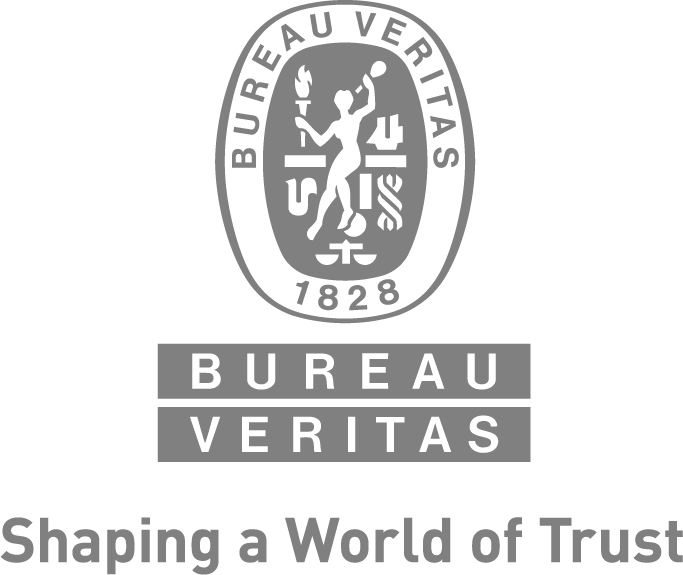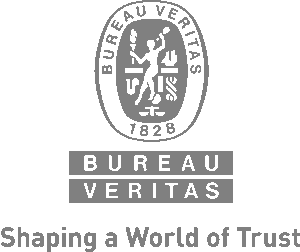GCF includes automotive communication technologies V2V and V2X in their certification scheme
Innovations in the area of connected vehicles and autonomous driving are increasingly creating new requirements for automotive communication technologies. They must be able to ensure reliable communication between the vehicle and the Internet, other vehicles, road infrastructure and pedestrians. Automotive equipment manufacturers are rising to this challenge with a multitude of innovative solutions.
To meet these developments in the automotive IoT market, the Global Certification Forum (GCF) now announces the inclusion of cellular (LTE) communication technologies such as V2V (vehicle-to-vehicle) and V2X (vehicle-to-everything) in its existing certification scheme. Founded in 1999, GCF develops certification schemes for mobile phones and wireless devices based on 3GPP standards. The newly added V2V and V2X certification requirements for the automotive industry should be available by the end of 2018.
The Technologies which are going to be covered by this certification are based on LTE sidelink, an adaption of LTE standards according to 3GPP release 14, for communication between two or more nearby devices. Testing takes place in independent, ISO 17025 accredited and GCF-qualified test laboratories, such as those of 7layers.
7layers is running the only internationally recognized, global cellular test laboratory and consultancy network for conformance, interoperability & field testing services, covering all major continents
7layers will be expanding their testing and certification services according to the new GCF V2X and V2V technology certification scheme and will support their automotive customers with many years of expertise in GCF approval.



